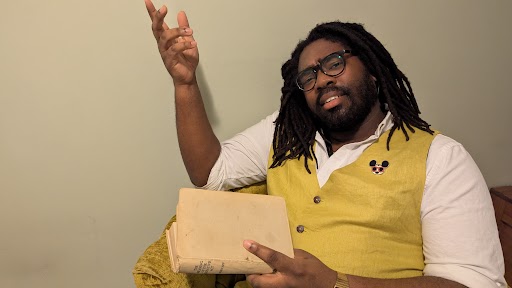July 31, 2025
Diddy's 'Freakoff' Case Sparks Debate Over Free Speech and Prostitution Laws

In a surprising legal twist, music mogul Sean "Diddy" Combs is challenging his prostitution convictions on the grounds that his actions were part of legal pornographic film productions, invoking the First Amendment's protection of free speech. The case, which could have wide-reaching implications for the entertainment industry and beyond, hinges on the nature of the acts Diddy was involved in and their classification under law.
Diddy, renowned for his career as a rapper, producer, and the CEO of Bad Boy Records, found himself embroiled in legal troubles following accusations of engaging with prostitution. However, his defense team argues that the activities in question were consensually recorded events intended for private adult entertainment, not commercial exchange for sex, which are constitutionally protected as free speech.
According to his lawyers, Marc Agnfilo and others, "Sean Combs sits in jail based on evidence that he paid adult male escorts and entertainers who engaged in consensual sexual activities with his former girlfriends, which he videotaped and later watched with the girlfriends." They contend that this does not constitute prostitution and, if deemed so, would render his conviction unconstitutional.
The debate centers around whether Diddy's actions fall within the purview of what the Founding Fathers intended when they drafted the First Amendment. Legal experts suggest that the argument, although bold, has merits given the specifics of the case. The distinction between consensual recording of sexual acts and engaging in prostitution remains a gray legal area, with significant implications for privacy, personal freedoms, and the adult entertainment industry.
The timing of this constitutional argument, not raised during the initial trial, raises questions about the initial handling of the case and the clarity of the consenting nature of the activities involved. Now, as the focus shifts to the legality of the home movies, Diddy's defense appears more robust, potentially setting the stage for overturning his convictions.
With a star-studded legal team behind him, Diddy's case not only challenges his personal legal situation but also prompts a broader discussion about the boundaries of free speech and the legal definitions of prostitution. As this case progresses, it will likely attract attention from civil rights groups, the adult entertainment industry, and constitutional scholars, all keen to see how the balance between individual liberties and criminal law unfolds in this high-profile case.
For more detailed coverage and ongoing updates on the case, you can follow the developments on Billboard's dedicated page: [Diddy Asks Judge to Overturn Convictions, Arguing 'Freak-Offs' Were Just Legal Movie Shoots](https://www.billboard.com/pro/diddy-overturn-convictions-freak-offs-movie-shoots/).